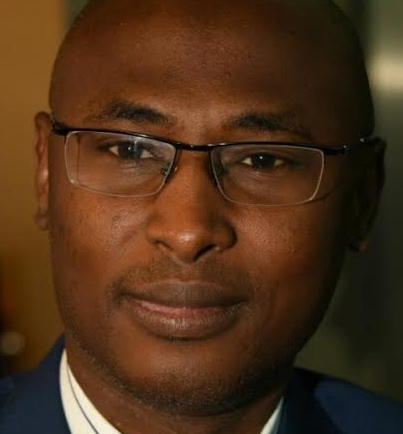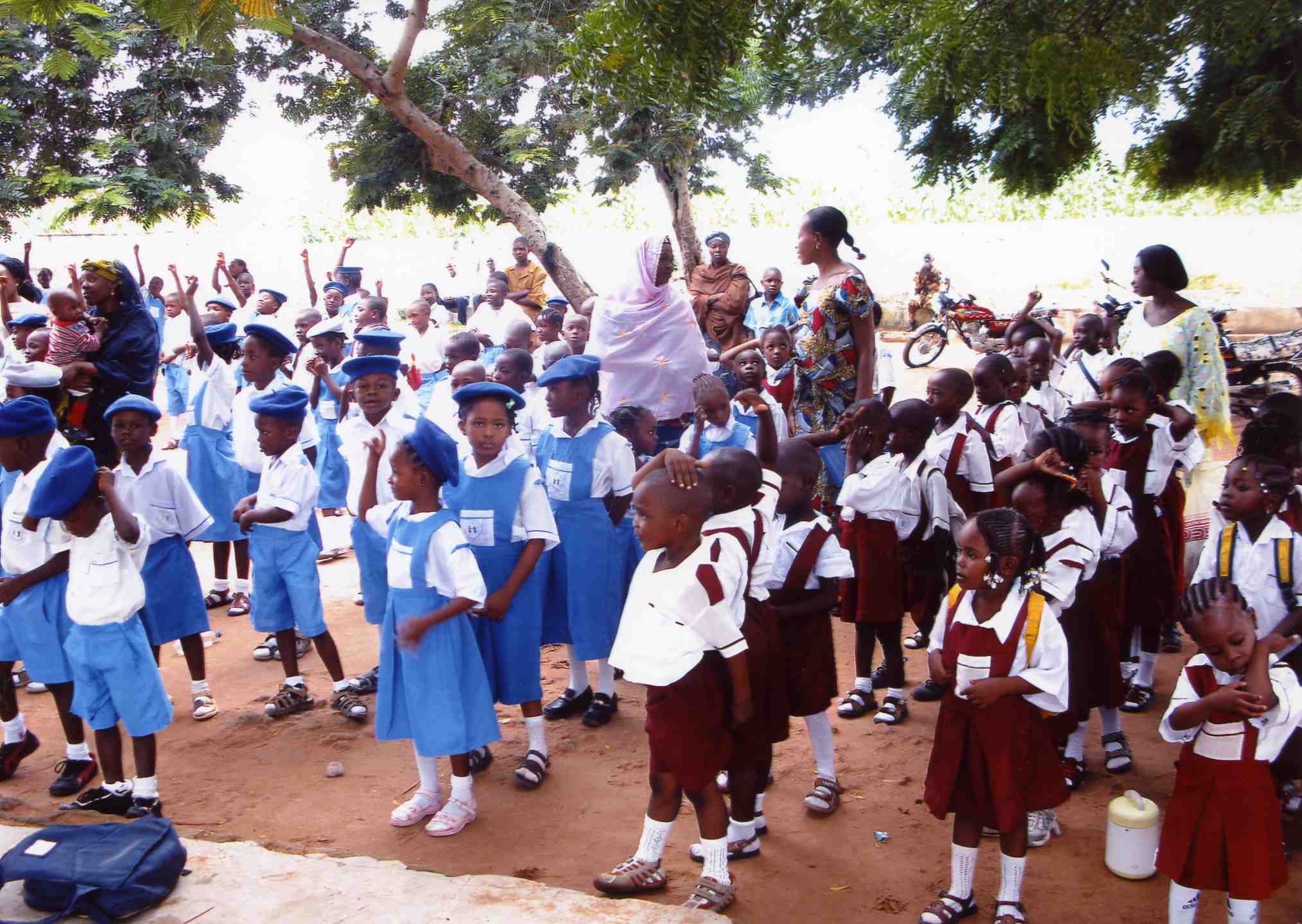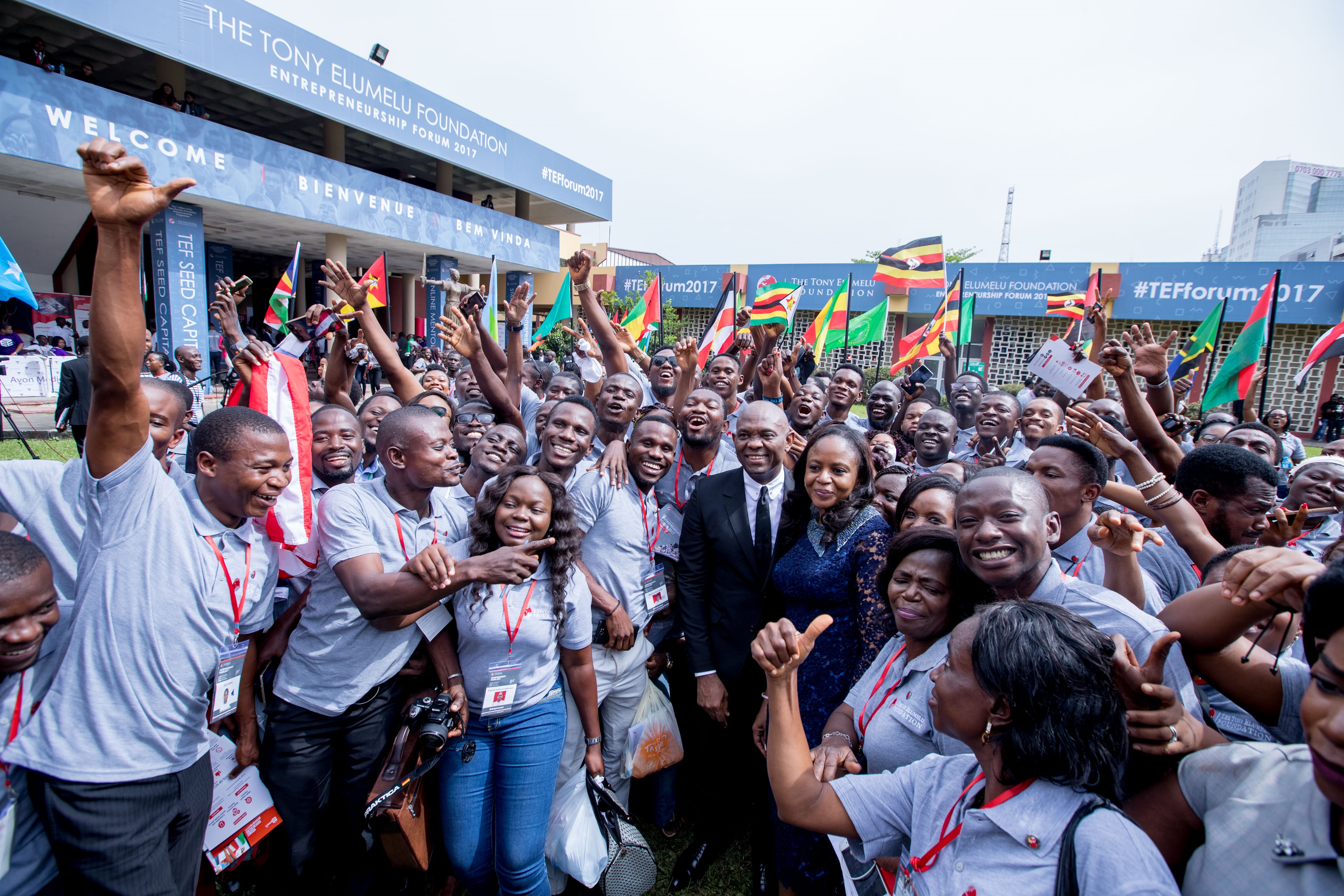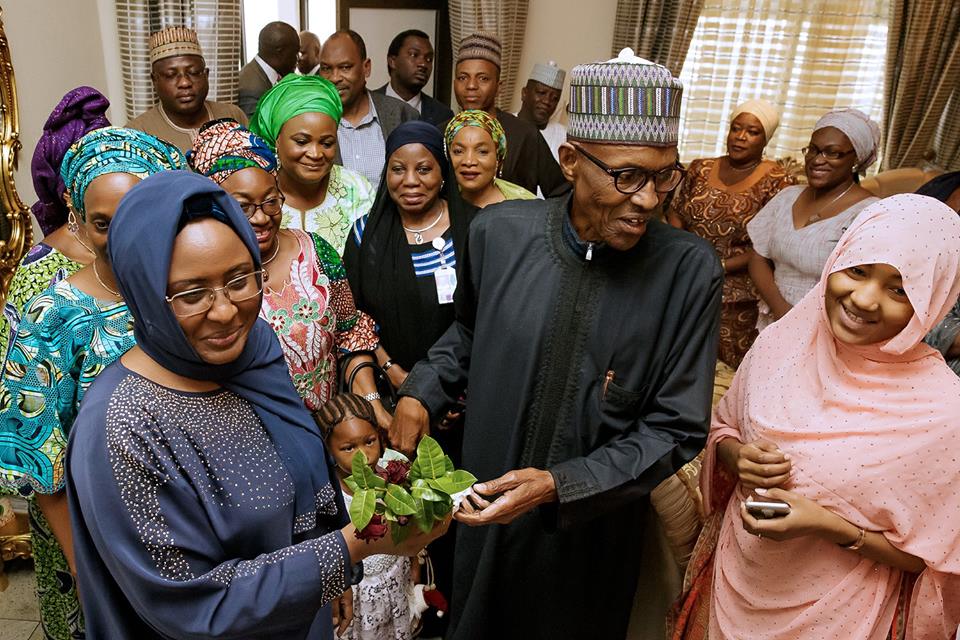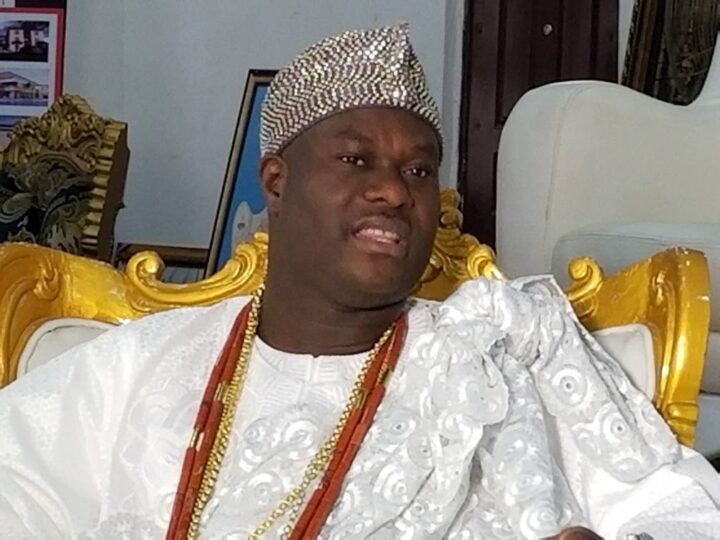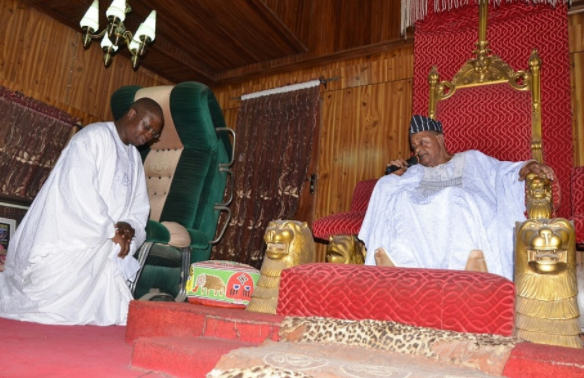Glory is due to none other than to the learned
Guided are they and proofs to the seekers of guidance
Everybody is honoured proportionate to his knowledge
But the illiterate are disgraced, as the enemies of learned
Advertisement
Acquire knowledge, you will be immortal
All men are dead, only learned are alive —Iman Ali bn Abi Talib
The above poem was lifted from Imam Ghazzali’s magnum opus, Ihyaul Ulum. Yet It’s not for nothing that Alghzazzali devoted the first chapter of the book on knowledge and inserted Ali’s work in it. In today’s world, there’s a massive correlation between development and investment in education. The stanzas of the poem rightly allude to that fact, thereby giving us a perfect analogy of the reality of our present globalised world.
Advertisement
The world is today facing a future where only highly skilled individuals will compete for the white colour jobs. The machines are evolving, becoming more intelligent by the day. They can now replace human beings in the jobs that require the grey matters to excel. Are we planning for this future?
Permit me to digress.
This week has witnessed another raging debate. It’s on the proposed sack of 25,000 primary school teachers in Kaduna State. They have failed a simple competency test. They, therefore, have no future in the profession according to the state government.
There have been arguments for and against this far-reaching decision. Some hailed it as the best thing since sliced bread, while others dismissed as ‘indecent proposal’. It all depends on your frame of reference or the dose of your emotional intelligence. Yet one thing that remains the consensus, is the fact the foundation of our education is shaky. Something needs to be done about it.
Advertisement
Some couple of years back, I, on behalf of our indefatigable leader, Prof Abba Gumel–whom I deputised for as the Vice Chairman of Kano Renaissance Think Thanks (KRTT)–presented a two-volume document to the then Executive Governor of the state, Engr Rabiu Musa Kwankwaso. The documents were development blueprint, which the members of the group put together following months of efforts. Education was the first port of call.
So as far as the current burning issue is concerned, the group proposed an independent Teachers Quality Assurance Board to systematically deal with the identified problem of poor teachers in the state. The Kaduna conundrum is not peculiar to Kaduna alone. It’s the case with the most states, especially in the North.
Below is what the documents say:
Solutions to Problem of Poor Teaching Staff (i) Quality Assurance Measures: We recommend the formation of an independent Teachers Quality Assurance Board, tasked with the following mandates:
Advertisement
(a) Hiring quality teachers (b) Ensuring that only those that meet the national academic requirement (NCE/degree) are allowed to teach in schools.
(c) Issuing and renewing licenses to qualified teachers on a periodic basis (teachers who fail to meet the quality standards would have their licences revoked). Should conduct written and oral exams to teachers to achieve this mandate (an independent agency outside the country should be used to conduct the exam; the British Council or any relevant NGO should be contacted).
Advertisement
The Board should maintain a database of highly-qualified teachers and use some of these teachers to nurture and mentor other teachers.
(d) Conducting regular on-site inspection of teachers.
Advertisement
(e) Finding and removing incompetent and unqualified teachers.
(f) Ensuring that teachers have deep and comprehensive knowledge (and pedagogic skills) on the subjects they teach.
Advertisement
(g) Ensuring that teachers are up-to-date with modern teaching methods and teaching/learning tools.
(h) Conducting on-site and off-site Training of Trainers (ToT) programmes for teacher competency (acquire depth/breadth/comprehensive knowledge on the subjects they teach), pedagogic skills, use of modern teaching/learning aids, ability to implement curriculum, enhancing communication skills, professionalism and ethical standards etc.
All teachers will be required to satisfy a minimum number of ToT modules before they can be allowed to teach. (i) Ensuring that each teacher obtains a teaching certificate (or diploma), in addition to the academic requirements (of at least an NCE or degree).
The ToT programme, including the aforementioned teacher certification module, can be conducted by our higher institutions and centres, and, where necessary, experts or organizations from outside the country and relevant NGOs. In particular, our universities can offer masters and PhD programs in teacher education (which would help produce qualified personnel who would continue to train more teachers). (j) Rewarding successful teachers (perhaps by giving awards for best teachers in each school and State-wide), encouraging such healthy competition among teachers will help enhance quality training. (k) Holding teachers accountable for failing to meet the specified standards of performance and ethics (l) Providing annual qualitative rankings of schools in the State (so that parents would know which are the “best” and “bad” schools). (m) Holding school administrators (headmasters, principals etc.) accountable for the failing performance of their schools.
Headmasters and Principals of performing schools be recognized/honoured, while those for failing schools be reprimanded, sent for further training or be relieved of their duties. The Board should solicit confidential input from parents and school children.
(ii) Strategies for Hiring and Producing/Nurturing Quality Teachers · The task of hiring teachers to teach in our Schools should be given to the aforementioned independent Board (to prevent any undue political interference).
The strategies used to hire quality teachers to teach in the Science Secondary Schools at Dawakin Kudu and Dawakin Tofa, in the 1970s and 1980s, should be adopted by the Board. This entails scouting for, and hiring, quality (and well-paid) teachers from within Nigeria and abroad · Arrangements should be made with top Nigerian Universities and Centres to train our teachers. This involves offering special short-courses, workshops, teaching diploma or certificate programs to our teachers. A good example is the fact that late Umaru Musa Yar’adua, when he was Governor of Katsina State, sought the help of the National Mathematical Centre, Abuja, to train mathematics teachers in his State. This resulted in significant improvement in the performance of Katsina students in national mathematics examinations (such as WAEC, NECO etc.) · Memoranda of Understanding should be signed with some top foreign universities in the area of teacher education and training (so that top-notch academics from top universities will come and help train our teachers in Kano).
The above is just a part of what the document recommends about how to revolutionize education sector in Kano State. Now that the concern on the malaise is once again exacerbated, it behooves us to continue talking about it until something is done.
Views expressed by contributors are strictly personal and not of TheCable.
Add a comment
